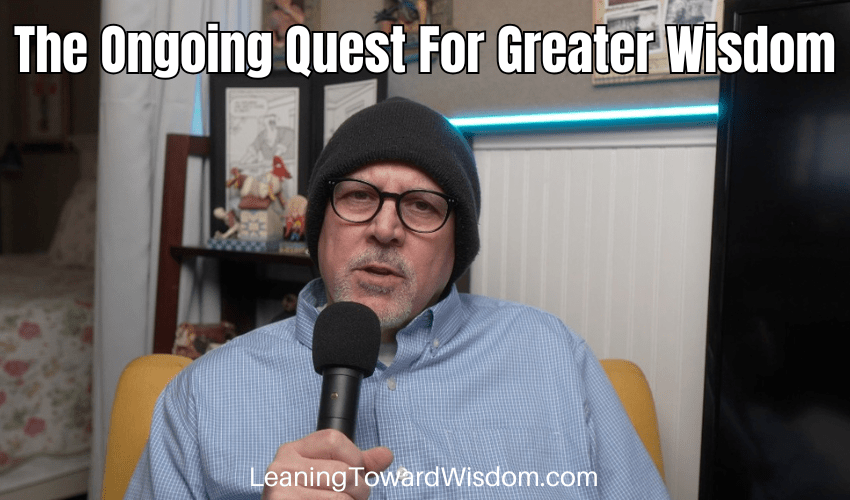Podcast: Play in new window | Download (Duration: 51:45 — 23.7MB)
Subscribe: Apple Podcasts | Spotify | iHeartRadio | Email | | More
All I Really Need to Know I Learned in Kindergarten: Uncommon Thoughts on Common Things by Robert Fulghum was published in 1986. It was quite the rage because it was filled with commonsense life maxims. I read it and appreciated the author’s point that even children can (and should) learn how to behave toward others.
We are almost 40 years later, and it seems like a prehistoric work of fiction. When I purchased this book, I had yet to turn 30. I had two small children and a wife I’d been married to for about nine years. Back then, the content was much less remarkable than it is today.
I appreciated Mr. Fulghum’s sentiment that kindness and courtesy are behaviors he learned as a small child, but that was then and now. When Fulghum grew up, parents trained children by providing guard rails, forbidding certain misbehavior, and encouraging proper behaviors. That’s much less visible today.
When I first read the book, I quickly realized that kindergarten didn’t teach me these things, but my parents and older folks did. Increasingly, I realized they weren’t teaching me some arbitrary rules they had constructed. Their training manual wasn’t a book by some doctor or psychologist. They were using the Bible, the Word of God.
The book focuses on fundamentals, such as the ” golden rule,” which originated in God’s mind.
John 13:34-35
“A new command I give you: Love one another. As I have loved you, so you must love one another. By this everyone will know that you are my disciples, if you love one another”.
Matthew 7:12
“So in everything, do to others what you would have them do to you, for this sums up the Law and the Prophets.”
I learned that at home while reading the Bible. I also learned it by attending worship services every Sunday, a day that was (and still is) referred to as “the Lord’s Day.” Of course, every day belongs to the Lord, but the day of worship is unique and set apart for public worship.
Hebrews 10:25
“Not forsaking the assembling of ourselves together, as the manner of some is; but exhorting one another: and so much the more, as ye see the day (of worship, Sunday) approaching.”
As an old man, I reflect on my training, and I’ve remained true to it because it was always based on the ultimate authority, God, and the Savior of all mankind, Jesus Christ. It wasn’t just a group of old people who littered my life, nor was it just my mom or dad imposing their will. It was a pattern for living, trained into me by these people who loved me and wanted only my best.
Over the years, I’ve leaned hard on the precepts and principles of my training and continued it. It didn’t stop when I turned 18 or 21.
The truth is, I made more dedicated, conscious efforts after I became an adult. I spent more hours studying and conversing with older mentors who continued my training. The foundation had been set, but the building didn’t begin until I was an adult, out on my own. That’s the litmus test for convictions – when you’re on your own, no longer under the thumb of anybody else, and free to choose for yourself. When that time comes, what will you do? How will you behave?
Honesty, truth, kindness, courtesy (and much more) were instilled when I was a child, but as an adult, many no longer make those choices. We justify our poor behavior, choosing to be victims of others or circumstances we don’t think we deserve.
I first saw deception at work on a stereo store showroom floor during my teen years. If a shopper was lied to about a piece of gear they considered, they might buy it. If you told the truth, they might not. My training and my conscience wouldn’t let that happen. It became easier when I realized that telling the truth worked better than telling the lies I knew others were telling. It turns out that the truth always works best.
Personality and communication play a role, but the truth and doing what’s right aren’t subjective to either one. I’ve learned that some people struggle to communicate clearly, while others overcommunicate. Some need more public adoration and attention, while others don’t want it at all. Everybody has the God-given obligation to behave in ways that please God, and these are the ways taught to all of us in scripture.
I was 27 when I first formed my business philosophy.
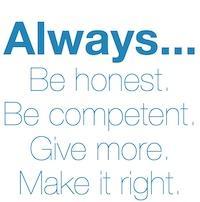 I’ve always been prone to candor. Telling it as accurately and honestly as I can. It’s helped me avoid confusion that otherwise may have occurred. For instance, in every business dealing, I abhor ambiguity. I abhor it in my personal life because I’ve seen much misunderstanding result from people who lack the courage (or whatever it may require) to say what they want, what they require, and what they’ll accept.
I’ve always been prone to candor. Telling it as accurately and honestly as I can. It’s helped me avoid confusion that otherwise may have occurred. For instance, in every business dealing, I abhor ambiguity. I abhor it in my personal life because I’ve seen much misunderstanding result from people who lack the courage (or whatever it may require) to say what they want, what they require, and what they’ll accept.
Even with explicit candor, people can still remember things the way they think they should have been. Years ago, while talking with an old businessman who was retelling a story whose facts I knew, I challenged his recollection. It didn’t happen as he said it did. When I confronted him, he said, “Well, I remember it the way it should have been.” His recollection made him the hero that he never was. Our minds can fool us into such conclusions. But we’re still wrong.
Honesty is hard if it’s not your habit. It’s harder still if you’ve not been trained to exercise it. Without fear or compromise.
Competence demands work and commitment. I believe it’s also a Bible-based principle.
Colossians 3:23-24
And whatsoever ye do, do it heartily, as to the Lord, and not unto men; Knowing that of the Lord ye shall receive the reward of the inheritance: for ye serve the Lord Christ.
The Bible contains many stories and illustrations of people dedicated to their work or servitude. I sought to be the best employee, boss, and cohort possible—not because everybody always deserved it but because I was attempting to serve God through Christ.
I’ve devoted countless days to achieving greater competence. History will judge whether I succeeded.
Giving more, like all the rest of this, is not negotiable. This has been a thorn in the side of others in many business situations because I’ve always begun every business relationship by focusing on how I might benefit the other person. It’s my worldview. They need to benefit before I can think about what I want. It’s God-centered, but it also feels especially good to me.
Simultaneously, within this business philosophy, I also formed my own definition of leadership. While studying the Bible more, I also studied leadership and business more. I defined leadership as: a) influencing others to improve, b) doing for others what they can’t do for themselves and c) a focus on others (which turns out is the definition of compassion).
I don’t find it difficult to give more, but I’ve had cohorts over the years who did. My behavior wasn’t driven by being altruistic. It was driven by faith, conviction, and doing what’s right. I quickly realized it was a competitive edge, but that wasn’t the point. Have I left profits, revenues, or anything else on the table? In other words, have I failed to maximize all I might have been able to get? Sure. And I’m good with it. It feels good to be because it’s right.
Make it right. Fix it. Apologize where necessary. But don’t just say you’re sorry, actually change. The Bible calls it repentance. It’s making up your mind to change. Stop doing whatever you’re doing that’s harmful (to yourself and others), and start doing better.
Lip service is easy. That’s why the bad husband can apologize to his wife, but nothing changes. He continues to mistreat her, selfishly patching things up because he’s the most important person in the world. Repentance is hard but worthwhile. It demands self-sacrifice, which is the hardest part.
I’ve learned not to enable poor behavior. My own or others.
As a young leader, I was offered a position at a specified pay rate. After a small bit of negotiation, I agreed. I was an employee. Over time, I discovered I had made an unfavorable deal compared to my co-workers. I was underpaid. At first, I was angry, but a mentor taught me not to be angry because I had agreed. He reminded me of the Lord’s parable of Matthew 20.
1 For the kingdom of heaven is like unto a man that is an householder, which went out early in the morning to hire labourers into his vineyard.
2 And when he had agreed with the labourers for a penny a day, he sent them into his vineyard.
3 And he went out about the third hour, and saw others standing idle in the marketplace,
4 And said unto them; Go ye also into the vineyard, and whatsoever is right I will give you. And they went their way.
5 Again he went out about the sixth and ninth hour, and did likewise.
6 And about the eleventh hour he went out, and found others standing idle, and saith unto them, Why stand ye here all the day idle?
7 They say unto him, Because no man hath hired us. He saith unto them, Go ye also into the vineyard; and whatsoever is right, that shall ye receive.
8 So when even was come, the lord of the vineyard saith unto his steward, Call the labourers, and give them their hire, beginning from the last unto the first.
9 And when they came that were hired about the eleventh hour, they received every man a penny.
10 But when the first came, they supposed that they should have received more; and they likewise received every man a penny.
11 And when they had received it, they murmured against the goodman of the house,
12 Saying, These last have wrought but one hour, and thou hast made them equal unto us, which have borne the burden and heat of the day.
13 But he answered one of them, and said, Friend, I do thee no wrong: didst not thou agree with me for a penny?
14 Take that thine is, and go thy way: I will give unto this last, even as unto thee.
15 Is it not lawful for me to do what I will with mine own? Is thine eye evil, because I am good?
I immediately felt guilty because I realized I was the whiny worker the Lord spoke of. I dove into my work, continuing to do the best work of my life. Some months later, at a time I felt was appropriate, I had a meeting with my boss. I didn’t mention any co-workers but asked for a raise. I explained my reasons, and I was respectful. I reminded him of my competence and dedication and told him he knew I would continue to work as hard for his business, and I was now working for my own pay. He smiled and raised me, making me the highest-paid person among my peers (something I wasn’t chasing).
But what if it hadn’t gone as I had hoped? Would I have changed my work ethic? Would I have been angry with him for my having made a deal? We’ll never know, but I know this – I could have made whatever decision I wanted. I was just a kid but closer to adulthood than childhood. It was my call. My responsibility. Nobody else.
Which brings me to one last thing I want to mention that I learned from God’s Word as it relates to this episode – I have no right to be a victim.
God didn’t create any of us to live as victims. Yes, bad things can and do happen to us because of our sin and the sin of others. But our reaction to that sin is entirely on us. “Turn the other cheek” is the response to somebody hitting us in the face. That’s a decision we can and should make, if we aim to please God.
Was the slap deserved? Doesn’t matter. We don’t strike back.
1 Corinthians 6
7 Why do you not rather accept wrong? Why do you not rather let yourselves be cheated? 8 No, you yourselves do wrong and cheat, and you do these things to your brethren!
But if I suffer wrong, I want to feel victimized. I want to blame somebody. Or something. I want the world to know I’ve been slighted.
Sure. Do it. It’s a choice. Not a scriptural choice, but it’s a choice.
I could have lamented the deal I took when a boss offered me less than I realized I could have had. Instead, thanks to an old head, I was trained to be thankful, dig deep, keep doing good work, and figure out what I (not my boss) might do next. That helped me avoid bitterness, resentment, and all that God abhors. It was difficult but doable.
Right is right. Always.
Wrong is wrong. Always.
It’s not situational. It doesn’t depend on the circumstances or how it impacts us.
Life has taught me that God, the Supreme Creator, knows better how our lives should be lived. He knows what’s best for us. He knows that being self-absorbed is contrary to our best interests. He knows that being undisciplined hurts us. Thanks to our Savior, God understands how hard all this is, so He has done everything possible to help us. There’s only one thing God won’t do for us—something we must do for ourselves—decide.
Visit InThyPaths.com.

Please tell a friend about the podcast!
• Join our private Facebook group
• Email me

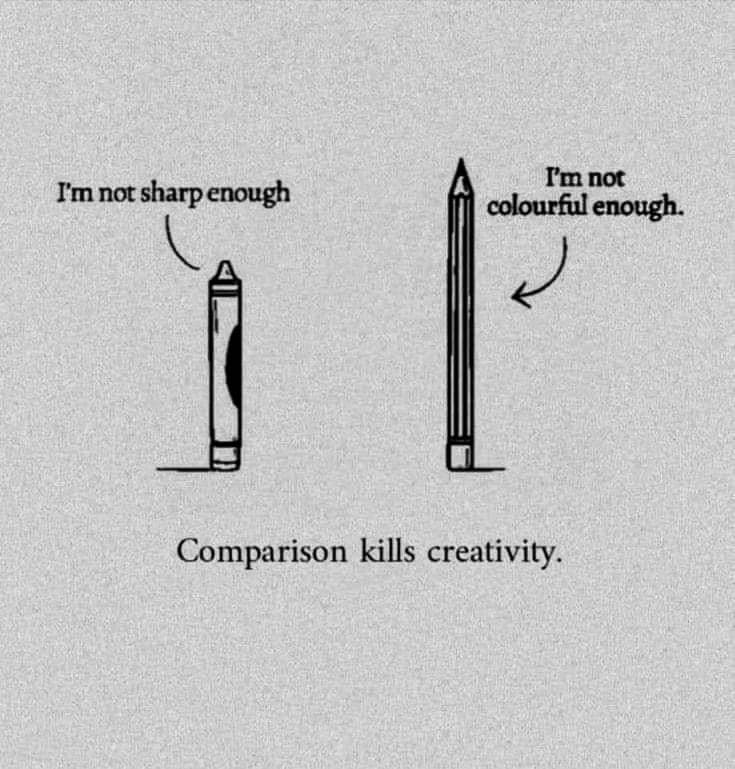

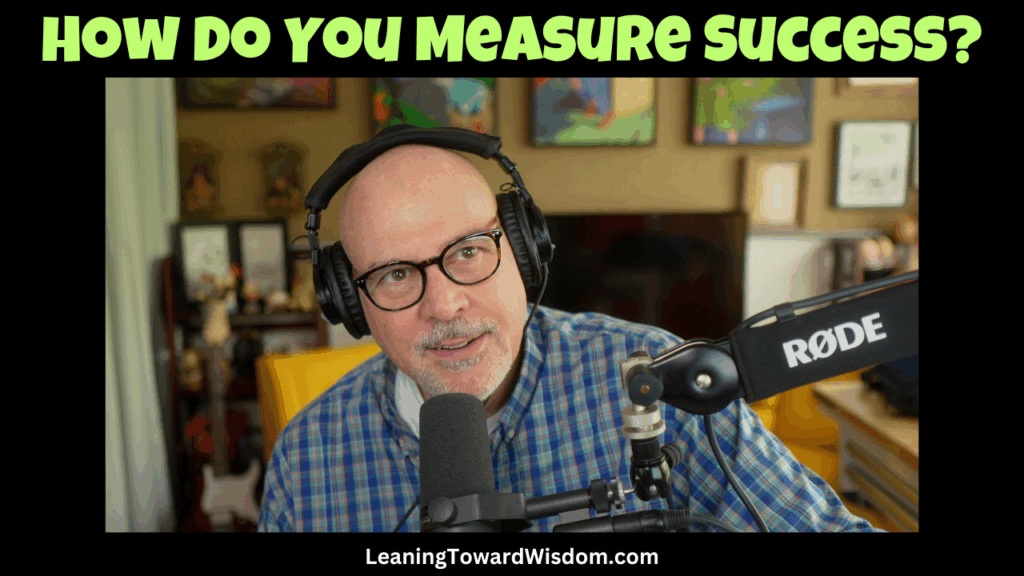
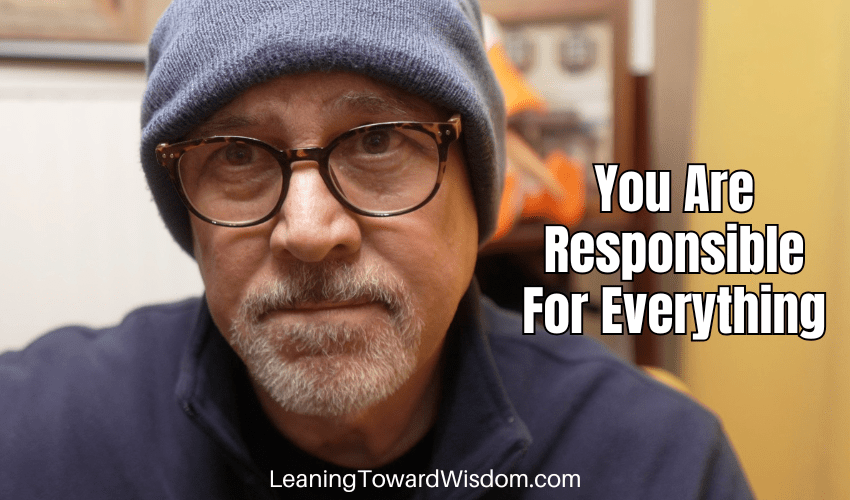

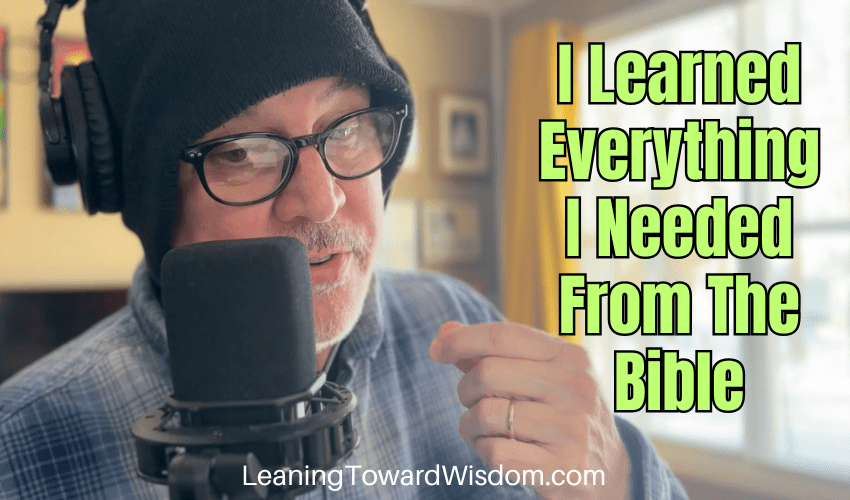
 I’ve always been prone to candor. Telling it as accurately and honestly as I can. It’s helped me avoid confusion that otherwise may have occurred. For instance, in every business dealing, I abhor ambiguity. I abhor it in my personal life because I’ve seen much misunderstanding result from people who lack the courage (or whatever it may require) to say what they want, what they require, and what they’ll accept.
I’ve always been prone to candor. Telling it as accurately and honestly as I can. It’s helped me avoid confusion that otherwise may have occurred. For instance, in every business dealing, I abhor ambiguity. I abhor it in my personal life because I’ve seen much misunderstanding result from people who lack the courage (or whatever it may require) to say what they want, what they require, and what they’ll accept.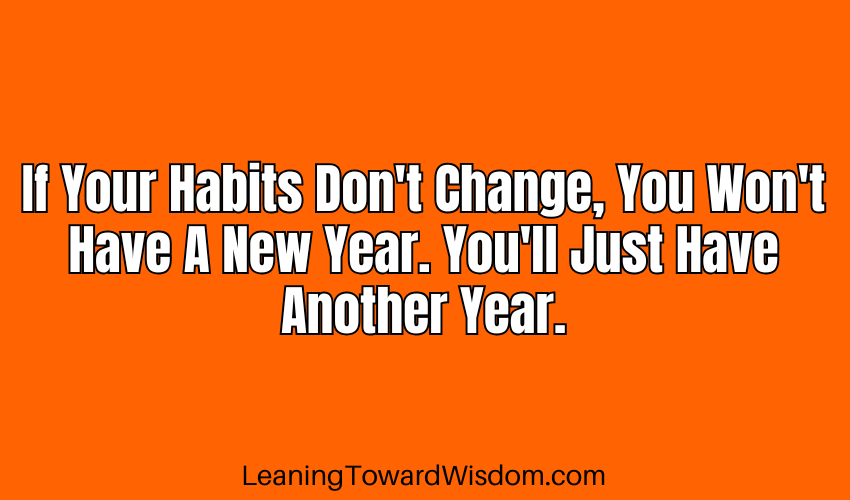

 I posted this on social media a few days ago.
I posted this on social media a few days ago.